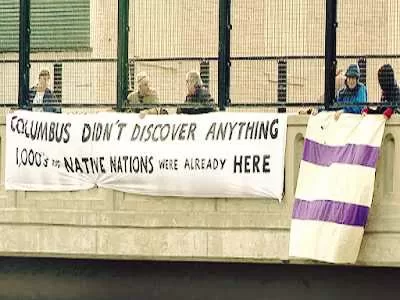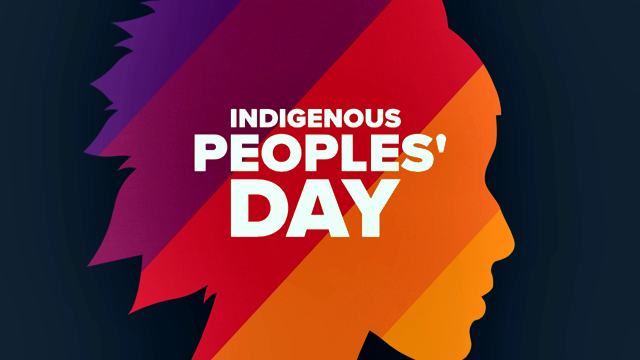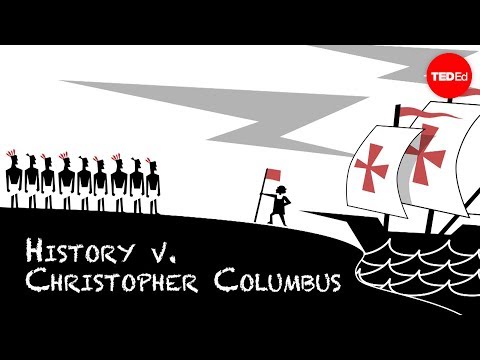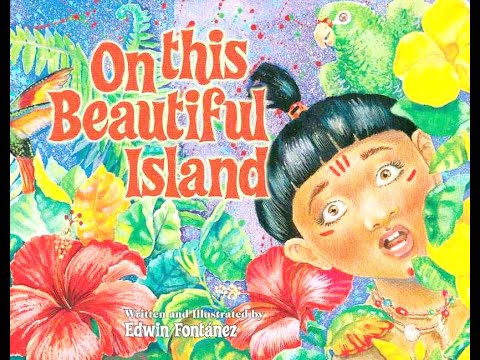October 12 is a date steeped in history, marked by various names and meanings across the globe. Known as Columbus Day in the United States, it is also celebrated as Día de la Raza, Discovery Day, and Indigenous People’s Day. This day evokes a complex tapestry of emotions, from celebration to sorrow, particularly among the Indigenous communities of the Americas.
The Historical Context
On this day in 1492, Christopher Columbus, an Italian explorer sailing under the Spanish flag, made landfall in the Bahamas after a grueling five-week voyage across the Atlantic. He named the island San Salvador, claiming it for Spain. However, the exact island of Columbus’s first landing remains a mystery, with several islands in the Bahamas vying for the honor.

‘ Others assert that Columbus’s arrival in the Americas constituted an invasion.”
In his journal entry from October 12, Columbus expressed a mindset that was typical of European explorers of his time. He viewed the Indigenous people he encountered as potential servants, stating, “They ought to make good and skilled servants… I think they can very easily be made Christians, for they seem to have no religion.” This perspective reflects a deeply ingrained Eurocentrism and racism that characterized the era, leading to the exploitation and suffering of countless Indigenous peoples.
Columbus’s Miscalculations
While Columbus is often credited with “discovering” America, his understanding of geography was fundamentally flawed. He believed the world was smaller than it actually is and underestimated the distance between Europe and Asia. Columbus thought the journey from the Canary Islands to Japan was about 2,300 miles, when in reality, it was nearly 12,000 miles away! If the Americas had not been situated close to his expected route, Columbus’s expedition could have ended in disaster.
Despite these miscalculations, Columbus was a skilled mariner. His knowledge of the trade winds allowed him to navigate the Atlantic effectively, which was crucial for the success of his first voyage. Had he failed, the timeline of global exploration and contact between the Americas and the rest of the world might have been drastically different.
A Shift in Perspective
In recent years, there has been a growing movement to reframe October 12 as a day to honor Indigenous peoples rather than celebrate Columbus. Indigenous People’s Day serves as a reminder of the rich cultures and histories that existed long before European contact. It encourages us to reflect on the consequences of colonization and to recognize the resilience of Indigenous communities.
Books like “The Taino: A History of the Indigenous Caribbean People” provide valuable insights into the lives of the Indigenous peoples who inhabited the Caribbean long before Columbus’s arrival. By centering Indigenous narratives, we can begin to understand the profound impact of colonization on their cultures and societies.
Other Observances on October 12
October 12 is not only significant for its historical implications but also for various other observances around the world. It is celebrated as Laos Liberation Day, Free Thought Day, and Fiesta Nacional in Spain. Additionally, it marks the birthdays of notable figures such as claymation pioneer Art Clokey and comedian and activist Dick Gregory.
In the U.K., it is also recognized as Ada Lovelace Day, celebrating the contributions of women in science, technology, engineering, and mathematics (STEM).
Conclusion
As we reflect on October 12, it is essential to acknowledge the complexities of this day. While it marks a significant moment in history, it also serves as a reminder of the ongoing struggles faced by Indigenous peoples. By embracing a more inclusive narrative, we can honor the past while fostering a deeper understanding of the diverse cultures that enrich our world today.
In celebrating this day, let us not only remember Columbus but also the countless Indigenous peoples who have shaped the Americas long before his arrival. Their stories deserve to be told and celebrated, reminding us that history is not just about discovery but also about resilience and survival.



